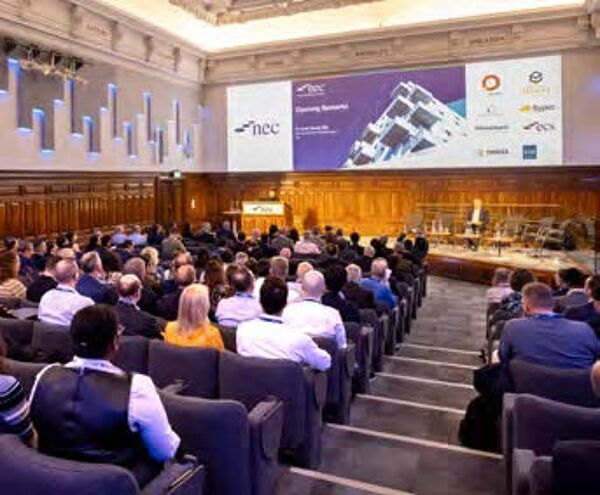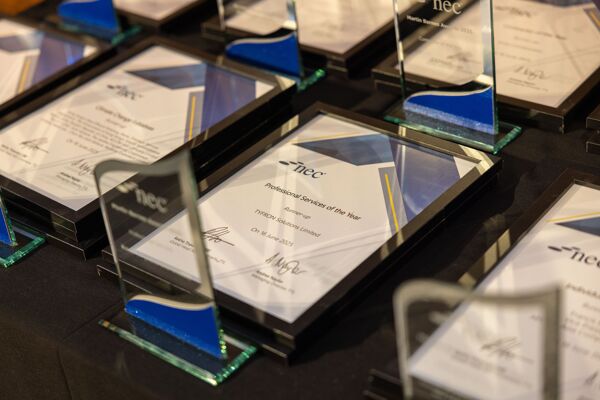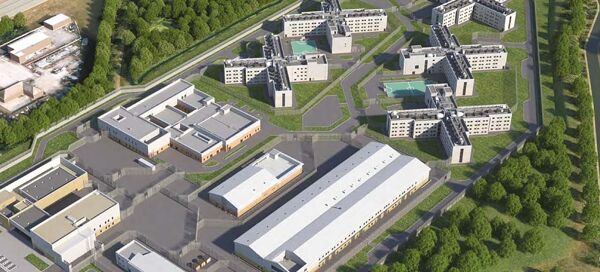The confirmation by Francis Leung, principal assistant works secretary of the government’s Development Bureau, follows the government’s adoption of the NEC3 suite last year as the default procurement route for all public works and consultancy projects in Hong Kong.
Speaking to 60 NEC practitioners from client organisations, contractors, consultant firms and law firms at Pinsent Masons’ Hong Kong office, Leung said the contracts promoted collaboration, mitigated risks and unleashed innovation.
Unleashing innovation
Leung confirmed the NEC3 suite ‘promotes collaboration to manage and mitigate risks’. He said it ‘is suitable for complex design and build projects, improves decision-making and the design vetting process, and helps streamline overall contract administration and account finalisation work.’
In particular he said that the NEC3 Engineering and Construction Contract (ECC) target cost options C and D ‘incentivise the contracting parties to unleash more innovative construction solutions and cost-saving ideas under the pain / gain share mechanism.’
The practice notes recently published by the Development Bureau in October 2016 were also discussed at the meeting. These aim to provide guidance, performance benchmarking and alignment of practice for government departments using NEC for public works, services and supply projects.
The evening concluded with a lively panel discussion featuring Leung, Pinsent Masons partner Peter Clayton, Arcadis senior consultant Bosco Leung and NEC Users’ Group secretary Robert Gerrard.
Hands-on workshop
Pinsent Masons’ Hong Kong office will also host this year’s NEC Asia-Pacific Users’ Group workshop on 16 June 2017. In the morning session, Robert Gerrard will give a presentation on the new NEC4 suite of contracts that is due to be launched the following week. He will then facilitate a workshop to help delegates understand the provisions of the schedules of cost components in the NEC3 ECC.
| The afternoon session will consist of a mock NEC adjudication and a mock NEC mediation. The aim is to help delegates understand what the adjudication and mediation processes might look like, the difference between them and what each dispute resolution process offers. |  |



